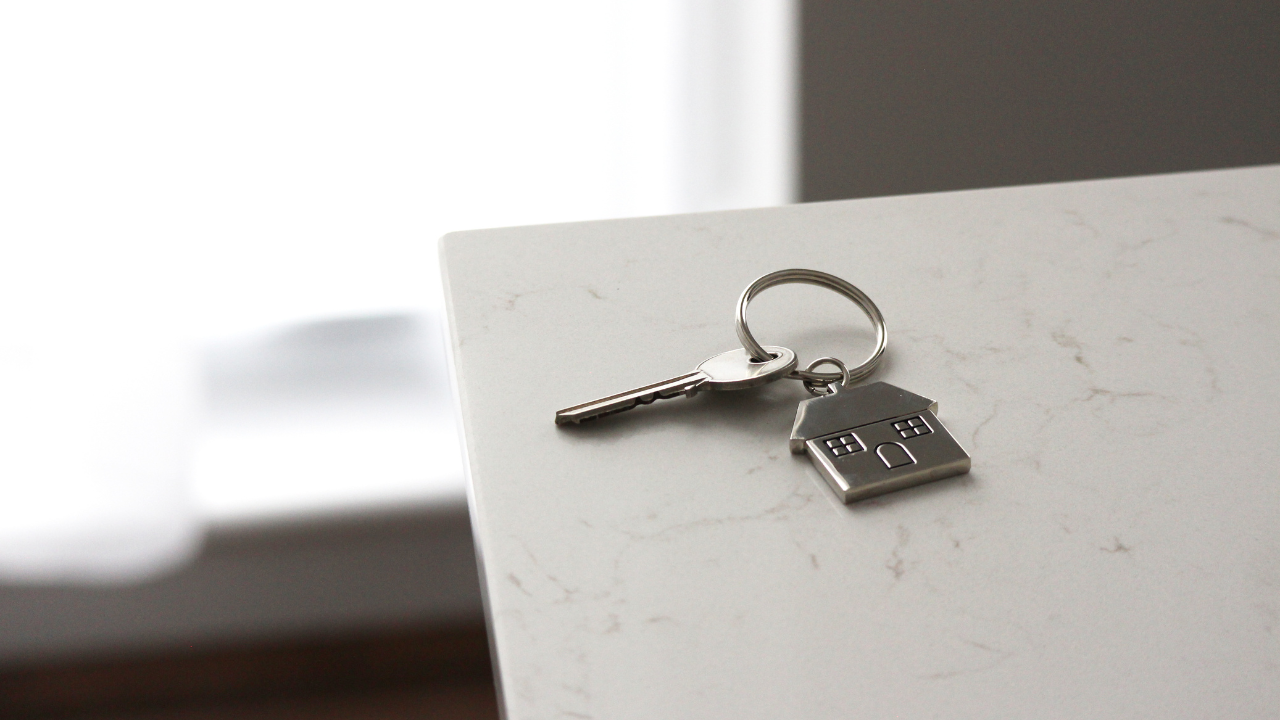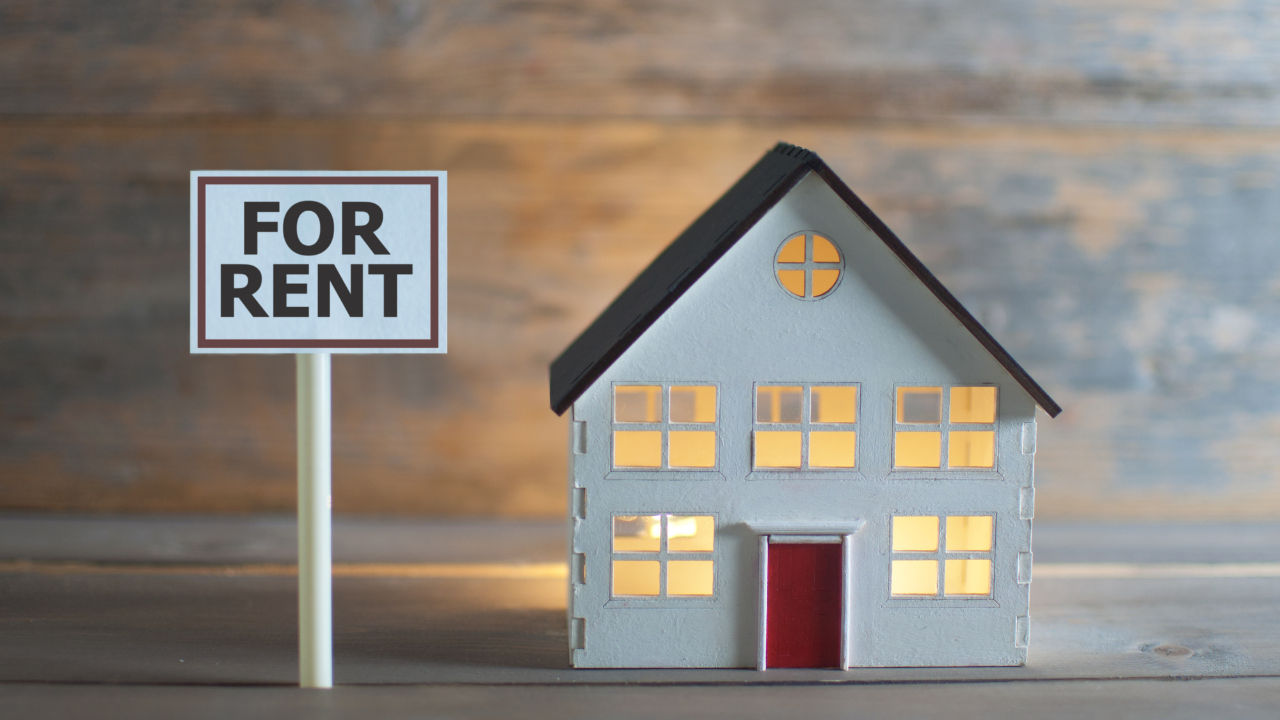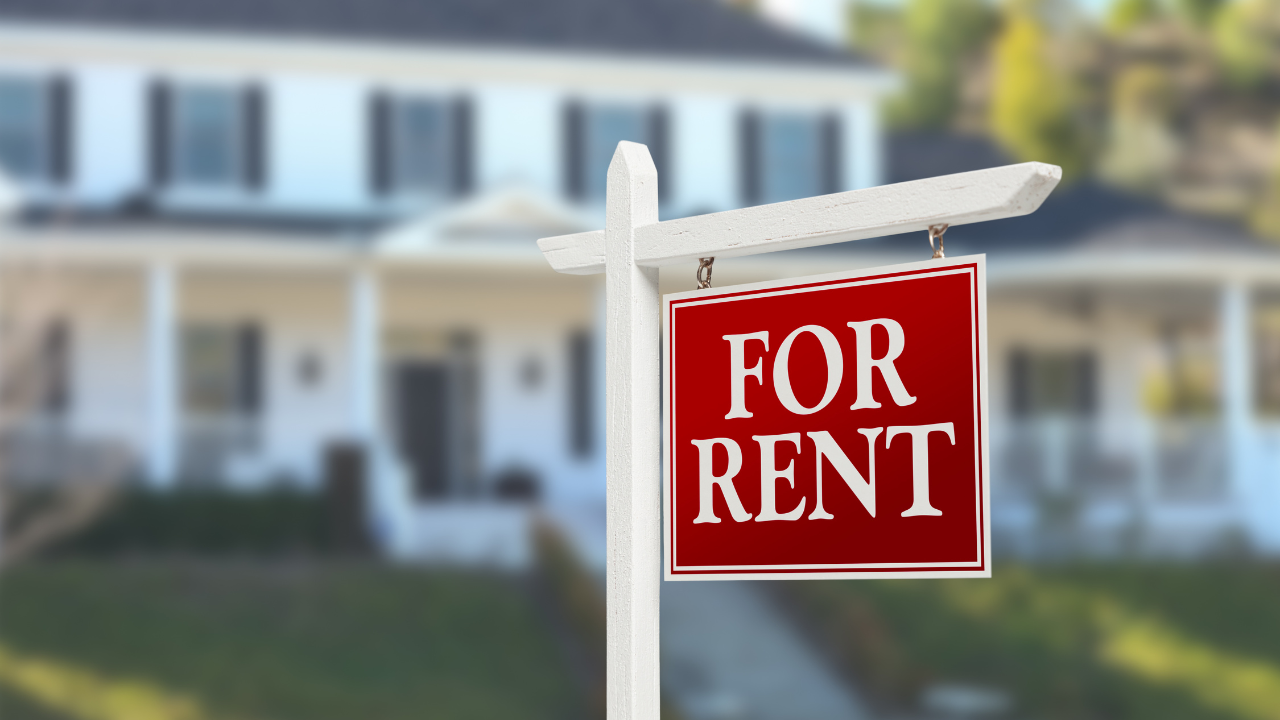Selling a home isn’t always the clear-cut choice. Many homeowners find themselves asking: Should I rent out my property instead of selling it? This decision is more than just financial—it’s emotional, strategic, and long-term. Let’s break it down step by step so you can decide what’s best for you.
Why Homeowners Consider Renting Instead of Selling

Rising Property Values and Market Uncertainty
Housing markets shift like tides. If your area is seeing growth, you may want to hold onto your home and cash in later. Renting lets you earn in the meantime while waiting for property values to climb even higher.
Emotional Attachment to the Home
Maybe this is your first home, or you raised your kids there. Selling feels final, but renting lets you keep ownership while passing on the keys temporarily.
Long-Term Investment Opportunities
Your home could become a powerful wealth-building tool. Over time, tenants pay down your mortgage while your property value grows—a win-win if you’re thinking long-term.
The Pros of Renting Your House

Steady Passive Income
Monthly rent checks can help cover your mortgage, taxes, and even provide extra income. Think of it as building another paycheck without clocking into a job.
Property Value Appreciation
Even while someone else lives there, your house may appreciate. In hot markets, homeowners can gain thousands of dollars in value each year.
Tax Benefits of Owning a Rental
Did you know landlords get deductions? Mortgage interest, property taxes, insurance, and even repairs can lower your tax bill.
Flexibility if You Plan to Move Back
Not ready to let go forever? Renting allows you to move elsewhere without cutting ties permanently.
The Cons of Renting Your House

Tenant Challenges and Property Damage
Not all tenants are perfect. Late payments, neglected upkeep, or outright damage are risks every landlord faces.
Management Responsibilities
Being a landlord isn’t hands-off. You’ll handle repairs, tenant calls at odd hours, and lease renewals—unless you hire help.
Vacancy Risks
No tenant? No rent. You’ll need to budget for months when the property might sit empty.
Legal and Financial Obligations
Landlords must follow fair housing laws, eviction rules, and other regulations. Falling behind can be costly.
Renting vs. Selling: A Financial Comparison

Cash Flow Analysis
Look at the math: Will your rental income cover your mortgage, insurance, taxes, and upkeep? If yes, renting makes sense. If not, selling might bring better returns.
Opportunity Cost of Equity
Selling could free up cash you can invest elsewhere. Ask yourself: Could that money grow faster in the stock market or another property?
When Selling Might Be More Profitable
If your market is at its peak and demand is high, selling could mean walking away with a big payout—no stress of being a landlord.
Key Factors to Consider Before Renting Out Your Home

Location and Rental Demand
Homes near schools, job hubs, or public transport usually attract steady renters. If your area lacks demand, renting may be a headache.
Current Mortgage and Expenses
Crunch the numbers. If your mortgage is high, your rental income may not cover it—leading to negative cash flow.
Local Landlord-Tenant Laws
Every state has unique rules. Before renting, make sure you understand eviction laws, deposit rules, and tenant rights.
Property Condition and Upgrades
Renters expect a livable, safe home. Upgrades like fresh paint or updated appliances can help you command higher rent.
Preparing Your House for Rent

Repairs and Maintenance
Fix leaks, update old wiring, and get a professional cleaning. A well-kept property attracts better tenants.
Setting the Right Rental Price
Check comparable rentals in your neighborhood. Too high and your home sits empty, too low and you leave money on the table.
Marketing Your Rental Property
Using Online Platforms
Websites like Zillow, Apartments.com, and Facebook Marketplace are goldmines for renters. High-quality photos and a detailed description go a long way.
Hiring a Property Manager
If marketing and tenant screening sound overwhelming, property managers handle it all—for a fee, of course.
Should You Hire a Property Manager or Go DIY?

Benefits of Professional Management
Property managers collect rent, handle maintenance, and deal with tenant issues. They save you time, especially if you own multiple properties or live far away.
Downsides of Hiring a Property Manager
On the flip side, managers typically charge 8–12% of monthly rent. That’s a chunk of your profit gone.
Long-Term Strategies for Rental Success

Screening Tenants Thoroughly
Check credit, employment, and rental history. A strong tenant makes renting much less stressful.
Keeping Up With Maintenance
Small fixes today prevent costly repairs tomorrow. Plus, happy tenants stay longer.
Reviewing Rent Prices Regularly
Markets shift. Revisit your rental rates yearly to stay competitive and profitable.
Conclusion
Renting instead of selling can be a brilliant financial move—but it’s not for everyone. The right choice depends on your finances, goals, and tolerance for landlord duties. Take your time, weigh the pros and cons, and remember: your house isn’t just a home, it’s a potential investment tool.
FAQs
1. Can I rent out my house if I still have a mortgage?
Yes, but check with your lender—some mortgages require owner-occupancy for a period before renting.
2. How much should I charge for rent?
Look at similar properties in your area and factor in your expenses. Competitive pricing keeps your home occupied.
3. Do I need landlord insurance?
Absolutely. Regular homeowners insurance usually doesn’t cover rental situations.
4. What happens if my tenant stops paying rent?
You’ll need to follow your state’s eviction process. Having a property manager or lawyer helps here.
5. Is renting better than selling in the long run?
It depends on your goals. Renting builds long-term wealth, while selling gives you immediate cash.

.png)
